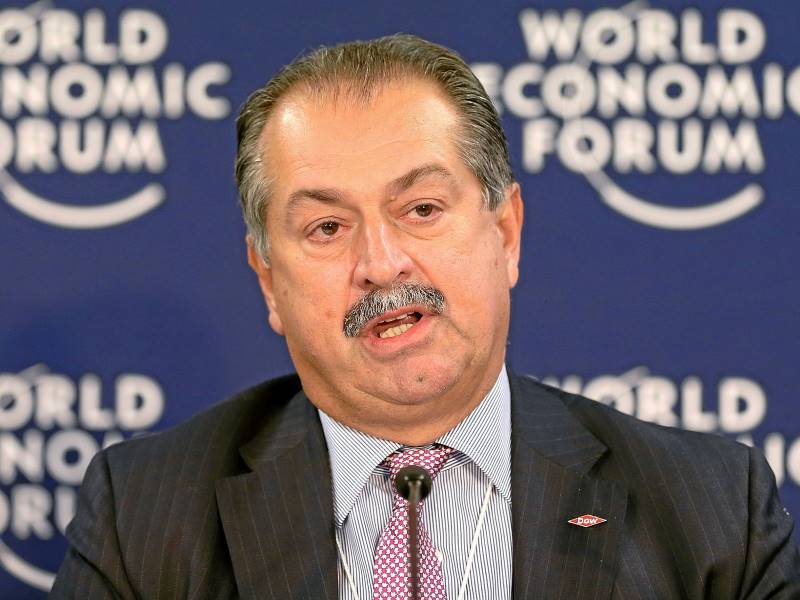Net zero emissions by 2050 is the minimum target Australia needs to improve its economy, according to Andrew Liveris, who has urged the federal government to commit to the long-term target and a 2030 mark as soon as possible.
Mr Liveris, a former chief executive of The Dow Chemical Company, helped architect the $1.5 billion Modern Manufacturing Strategy last year as head of the manufacturing task force in the COVID-19 Commission.
The commission called for a “gas fired recovery”, which Mr Liveris still says is needed to power a new wave of Australian manufacturers’ operations through a longer energy transition to renewables, but should not stop more ambitious climate commitments.

Moving too quickly to renewables would “kill the economy” he said, insisting fossil fuels must remain part of Australia’s energy mix for now.
But this is no reason for Prime Minister Scott Morrison not to commit Australia to a net zero by 2050 target, as the US, UK, and all Australian states and territories already have.
“It’s not too late, but it’s definitely remedial,” Mr Liveris told InnovationAus, ahead of speaking on a panel at the Australia-Israel Innovation Summit on October 20.
“I mean, it’s not [going to make Australia a leader]. We’re a laggard. It’s not a pretty place to be.”
Mr Liveris said he is “hopeful” that Australia’s Prime Minister will announce the 2050 target ahead of the United Nations Climate Change Conference beginning later this month.
On Friday, Mr Morison confirmed he will attend the Glasgow climate conference in person after weeks of uncertainty about his attendance and ongoing negotiation with the Nationals about a net zero commitment.
Mr Morrison said the government will be “finalising its position to take to the summit” but stopped short of making the commitment, which the Nationals’ party room will debate on Sunday.
Mr Liveris said the 2050 goal is the bare minimum Australia needs, and the commitment needs to be made as soon as possible to drive aggressive 2030 targets.
“The business community in Australia has been speaking up for a while – loudly. The academic community has been speaking loudly. Several prime ministers in the past have been trying to do something. And yet, we have failed to get it done.
“Will we get it done? I’m pretty hopeful [the commitment] will happen. But then having said that, don’t stop. 2050 net zero [is a] minimum.”
Ambitious 2030 emissions reduction targets should also be established, Mr Liveris said, to drive an energy transition “that works” by attracting private investment and developing new technologies.
“[We need to] move rapidly into the 21st century value add manufacturing age to complete the circle to decarbonise, and to try and do it by an earlier time. And 2030 is where everyone’s heading to,” Mr Liveris said.
Mr Liveris was criticised for his support of a “gas fired” pandemic recovery earlier this year.
He told InnovationAus he supports the use of fossil fuels to help in the transition to renewables, adding the position is not “popular” in Australia because “we tend to go to the rhetoric in the extremes pretty fast”.
But he insisted an energy transition that includes fossil fuels is needed to keep energy prices down and not displace workers.
“I find it very hard to get to the people who oppose all fossil fuels because in their world it is ‘eliminate it all now’. And of course, there’s a consequence to that, that people like me who run a business understand.
“It’s not pro-gas for gas’ sake, it’s to enable the transition to occur in an affordable way.”
Andrew Liveris will be speaking on a panel discussing building the industries and jobs of the future at the Australia-Israel Innovation Summit on October 20. InnovationAus is a media partner for the event.
Do you know more? Contact James Riley via Email.

